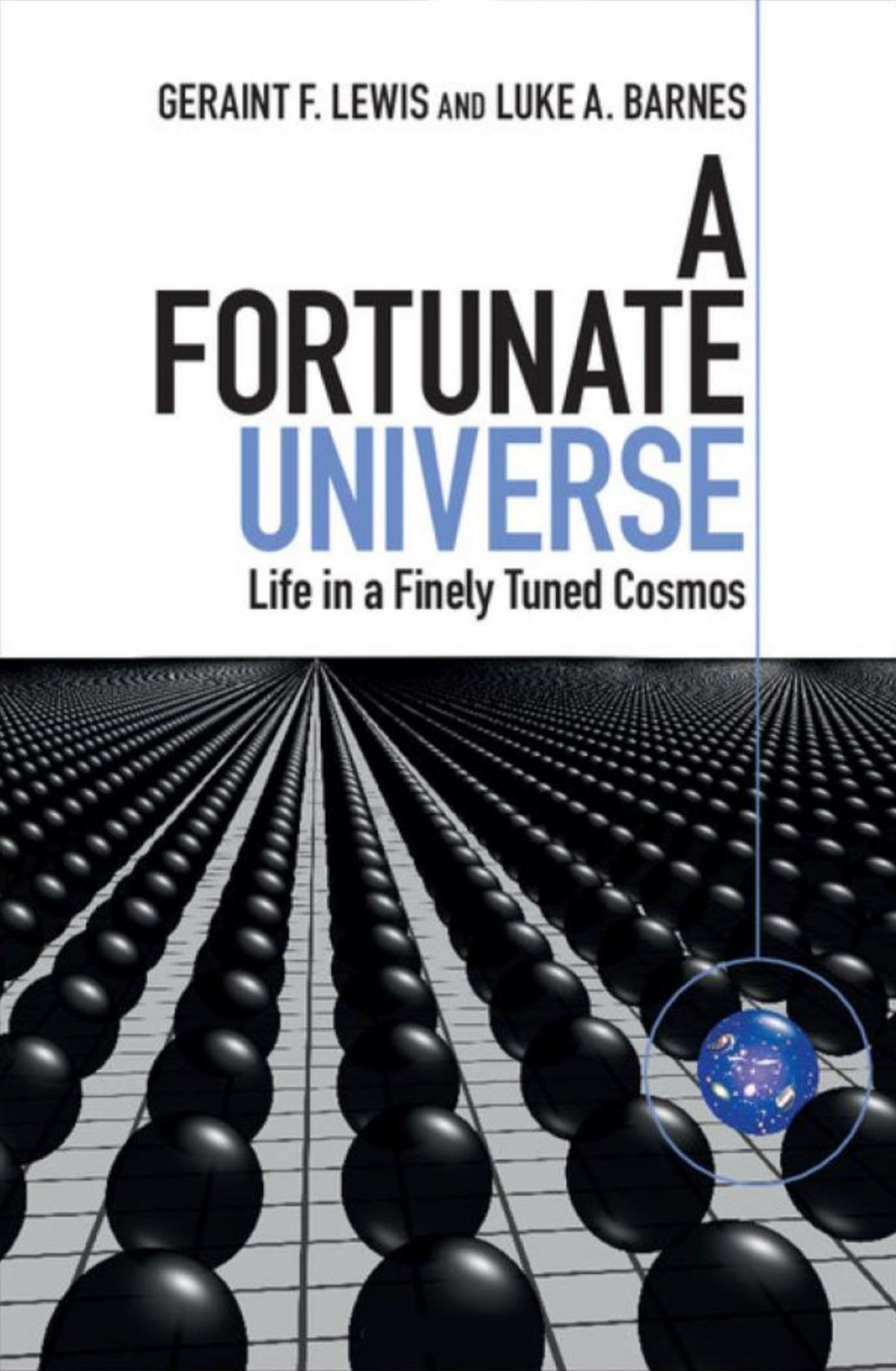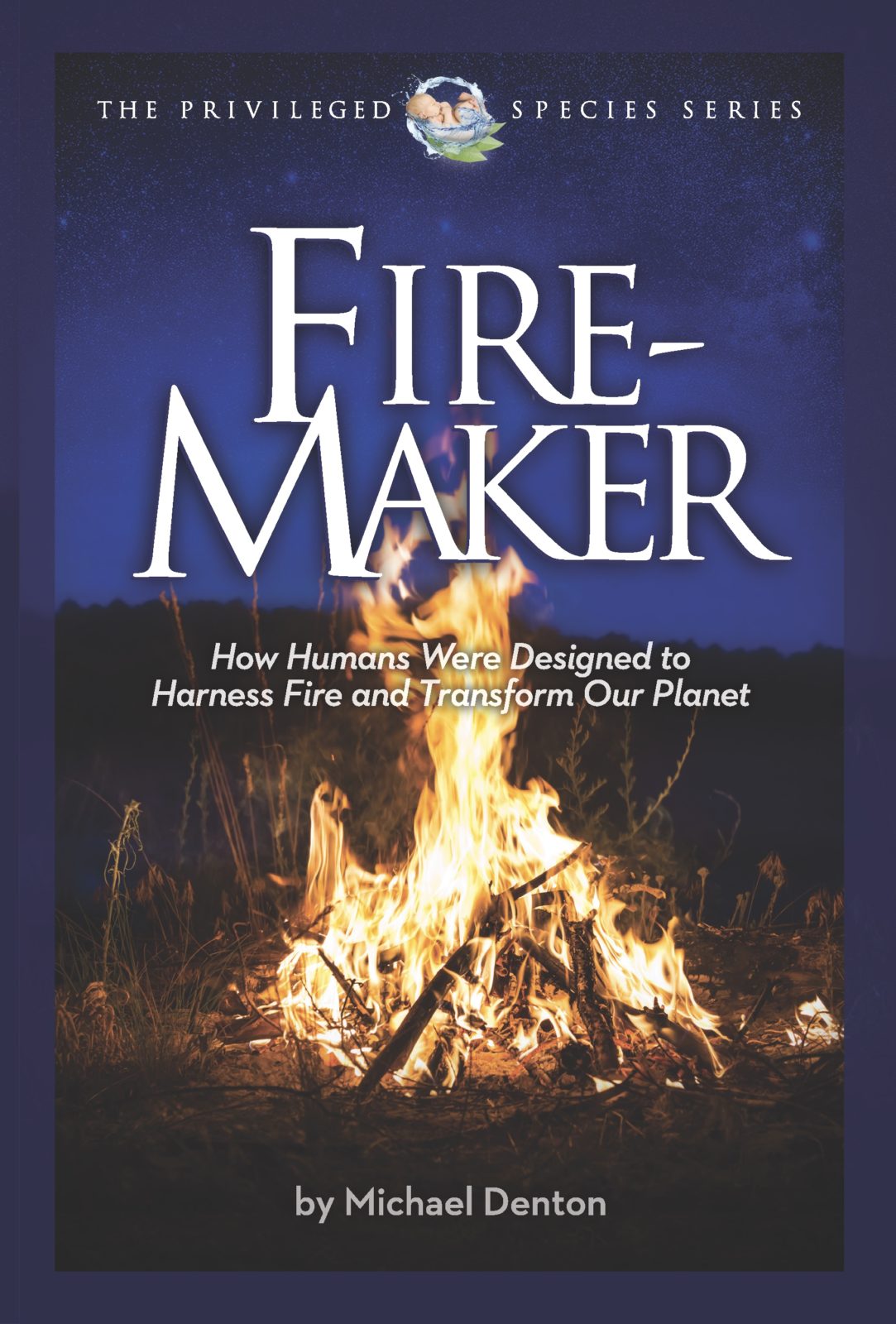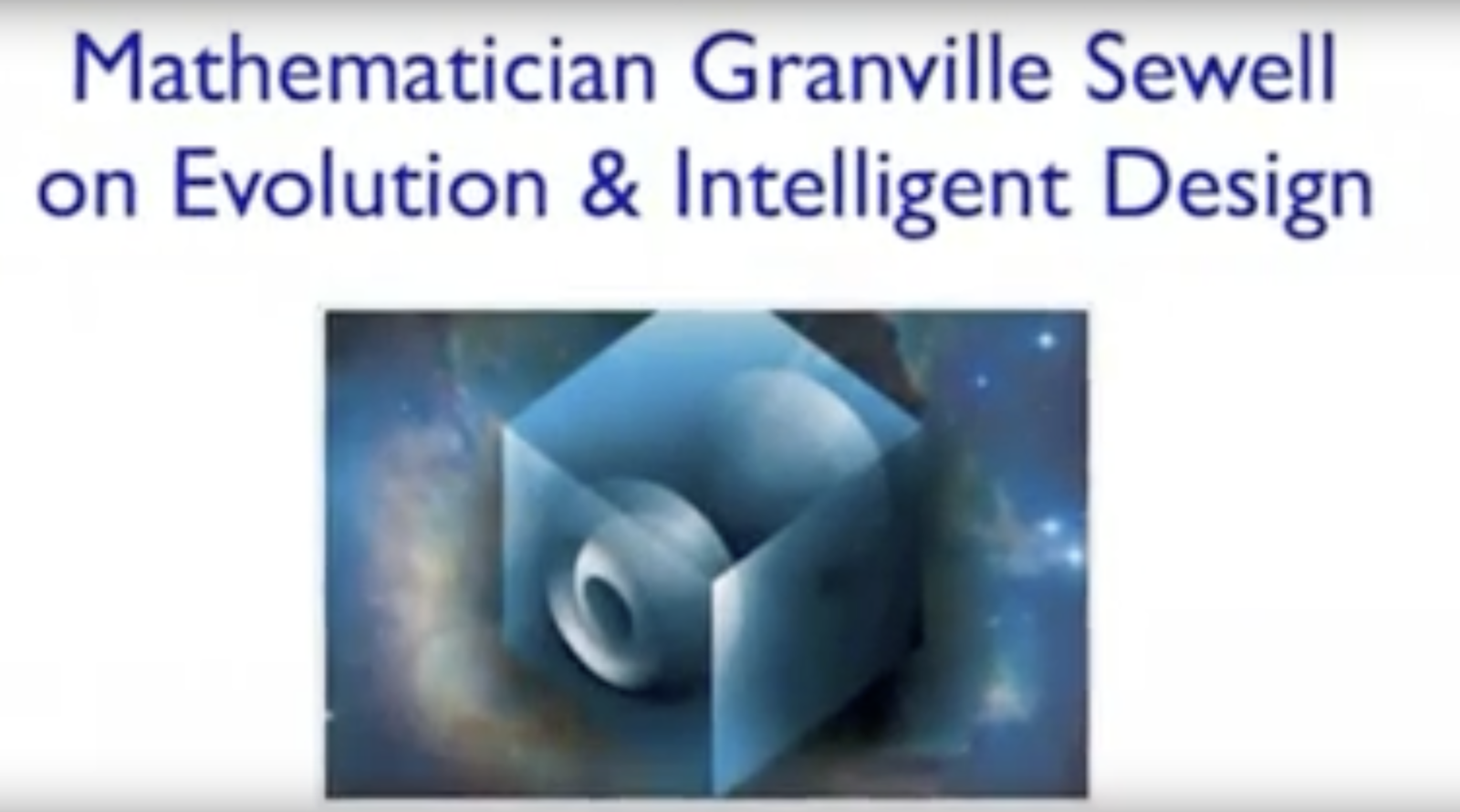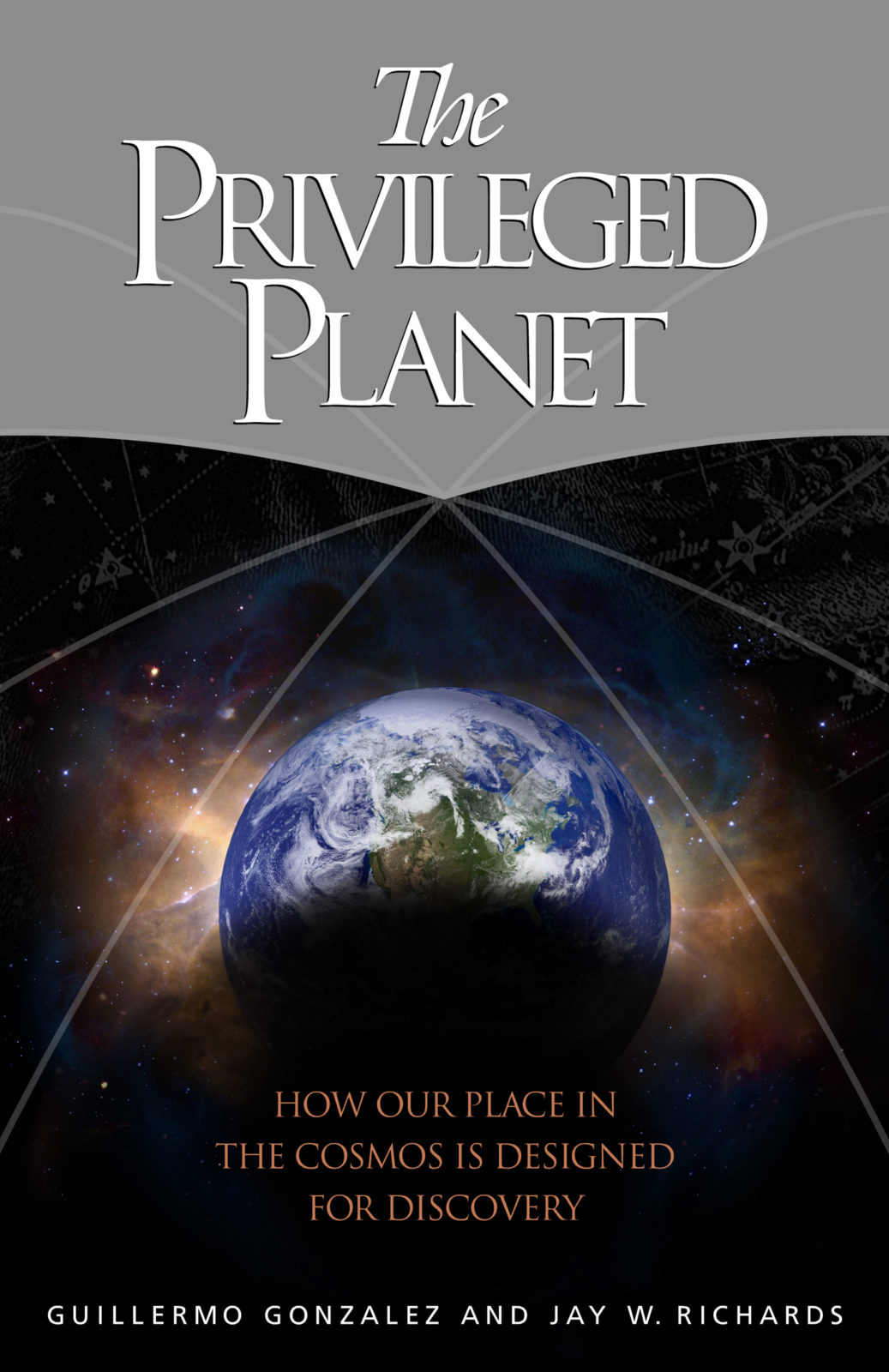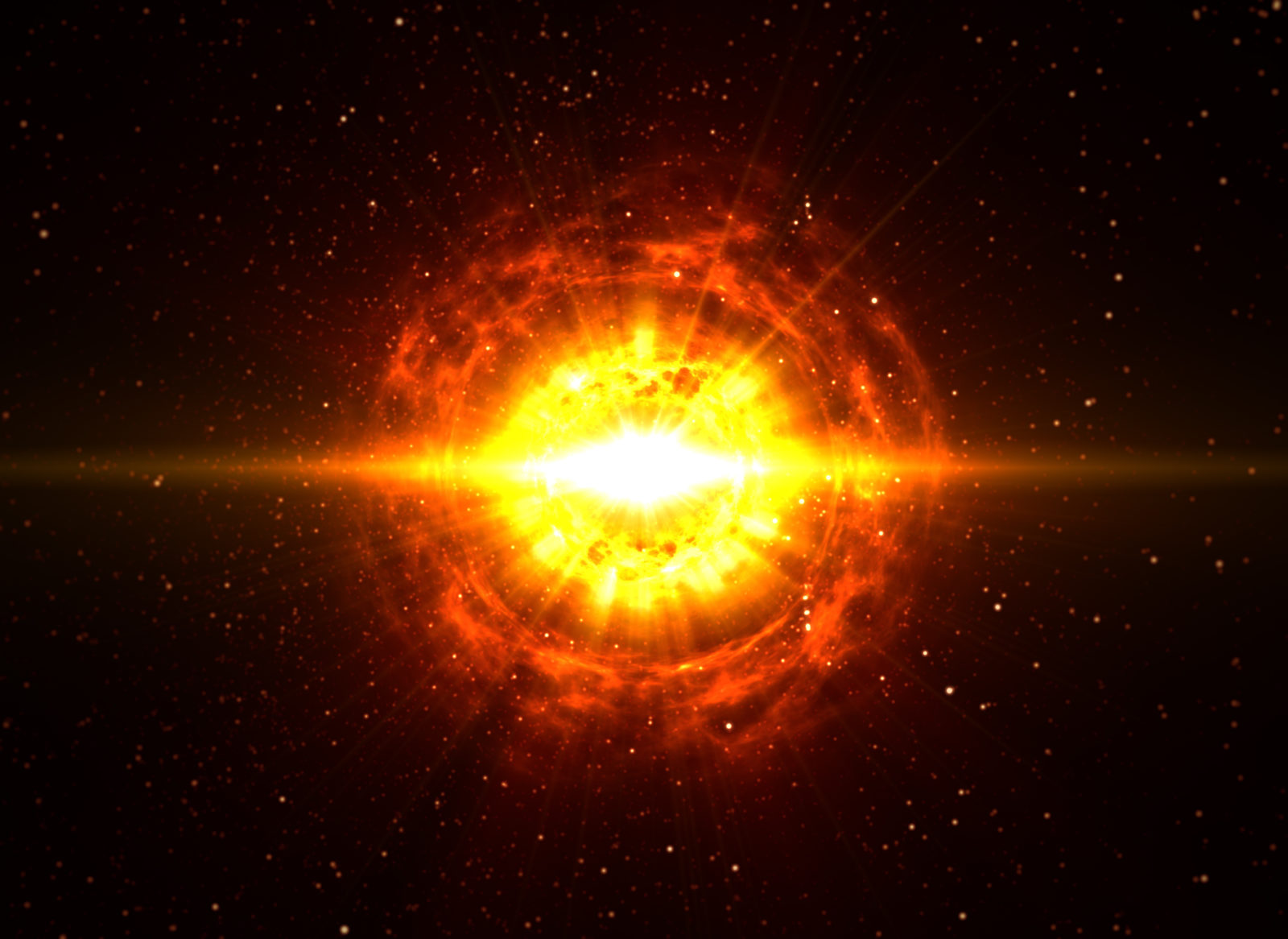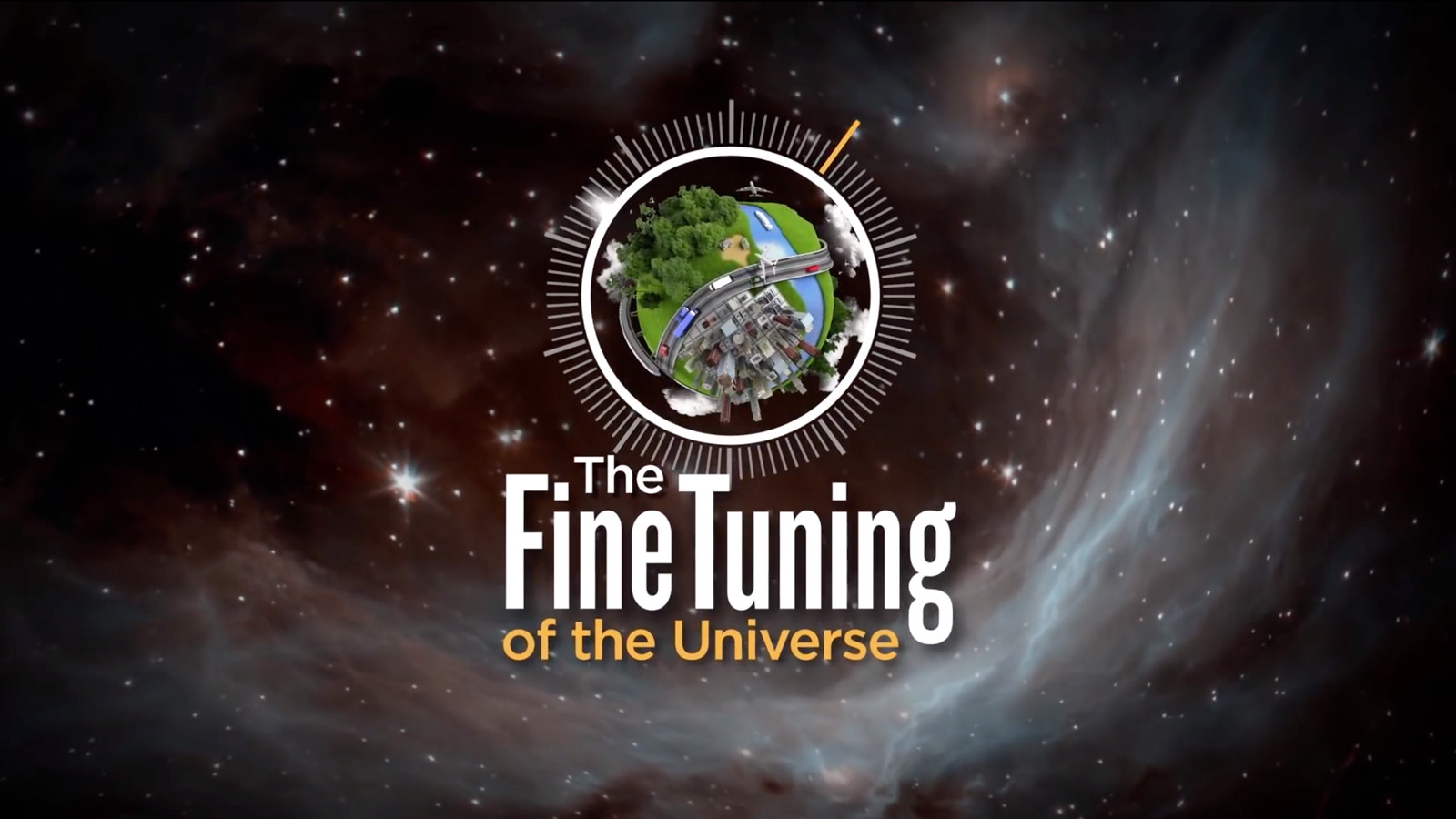
The Fine-Tuning of the Universe
The term “Big Bang” conjures images of an explosion, and usually when we think of an explosion we imagine a highly chaotic, stochastic event that destroys any order that is present rather than creating or preserving order. The Big Bang was not that kind of an “explosion.” It’s much better understood as a “finely tuned expansion event,” where all the Read More ›
